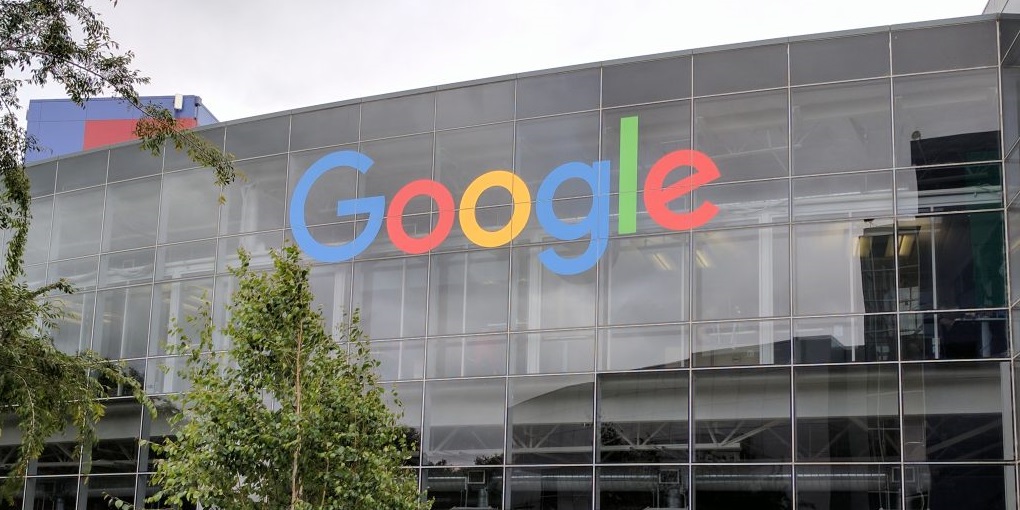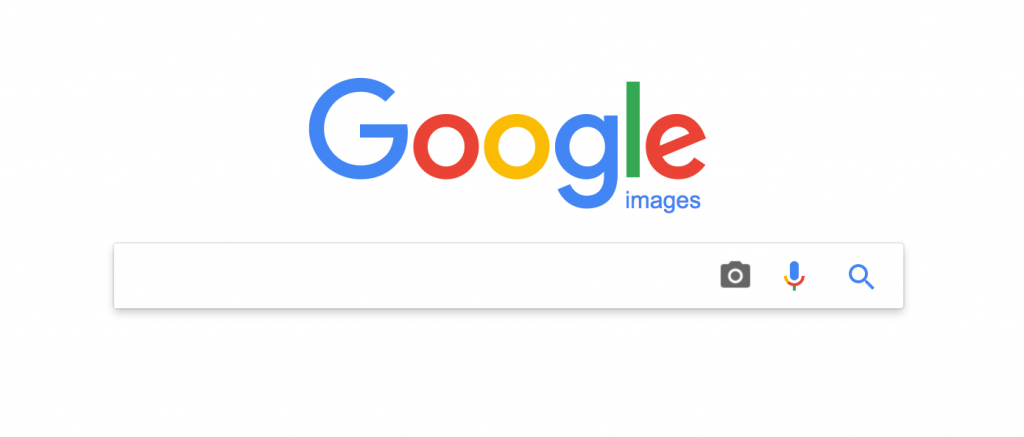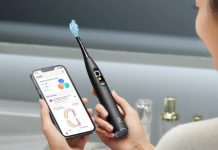Back in July the European Commission fined Google €4.34 billion (yes that is meant to be a B) for “illegal practices regarding Android mobile devices to strengthen dominance of Google’s search engine” and ordered them to change the way they distribute Android in the EU.
As part of the changes Google were ordered to, within 90 days of the ruling, stop:
- Illegal tying of Google’s search and browser apps
- Illegal payments conditional on exclusive pre-installation of Google Search
- Illegal obstruction of development and distribution of competing Android operating systems
Today, although they have put in an appeal to the Commission, Google have announced how they are gong to tackle the above.
- Google are changing the compatibility agreements with manufacturers that set out how Android should be used. From the 29th of October manufacturers will be able to sell both Android phones/devices and also devices running a forked version of Android. This means that in the EU Samsung could release a device running FireOS from Amazon. This is only applicable in the European Economic Area (EEA).
- Device manufacturers will be able to licence, yes the wording of that is significant, Google apps separate from Chrome and the Google Search App. Google has used the income from Chrome and Google Search to fund Android development and as such say they need to fill this possible gap.
As such manufacturers in the EEA will now have to pay a licencing fee to Google to install the Google Suite of apps (including the Play Store and Google Services) which used to be free. Expect this to be passed on to consumers. - Google Search and Chrome will now be offered as separate free licences from the other Google apps. This means that a manufacturer could licence the Google Suite of apps and have Google Play on their device but then use Bing or Duckduckgo as their search engine and Firefox or another browser as their device’s browser.
- As part of the Google Search and Chrome licencing Google will now offer non-exclusivity agreements that allow manufacturers to install competing apps alongside Google’s.
In summary, in the EU, Google will now charge a fee to manufacturers to use their Google Suite of apps on devices. Devices can arrive without Google Search and Chrome and still be running Android and the Google Suite of apps. Competing apps can be installed alongside Google’s apps. Manufacturers can now distribute devices running Android and also devices running a forked version of Android.
Hopefully the changes will affect consumers very little. At this stage it is unknown what the licencing fee is and whether it will be passed on to consumers. You would expect that until there is competition driving the pricing down it will be.
All of these changes will take effect on October 29, 2018 for all smartphones and tablets launched into the EEA.
What do you think of these new changes? Do you want it here?






I assume we will be unaffected here?